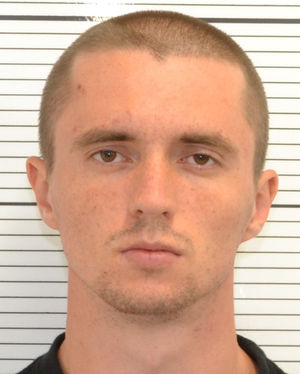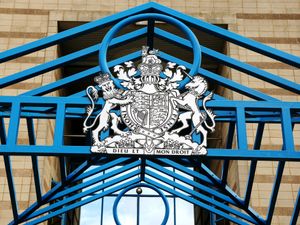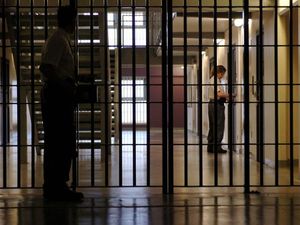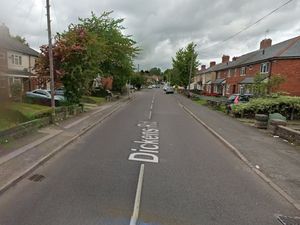Mosque bomber admits to making explosives in prison
Black Country mosque bomber Pavlo Lapshyn has admitted making an explosive substance in his cell at a maximum-security jail.

The 32-year-old chemical engineer, who is serving a life sentence for a racist murder and bombing three mosques in the West Midlands, has been told he is unlikely to ever taste freedom after the device was found in his cell at HMP Wakefield.
Lapshyn had just started a work placement in the UK when in April 2013 he stabbed to death 82-year-old Mohammed Saleem in Small Heath, Birmingham, in a random attack.
In the following months he planted bombs near mosques in Walsall, Tipton and Wolverhampton, later stating his aim was to start a race war.
Leeds Crown Court heard that the Ukrainian national initially told officers he was trying to make a firework when they found a plate with a white substance on it in his cell at the category A prison in August 2018.
The court heard that counter-terrorism specialists were called in, and a forensic expert determined he had formed a viable explosive substance.
Lapshyn was later moved to HMP Whitemoor where he wrote a chemical formula on his cell wall which he said was related to pyrotechnics.
Searches of his cell there found he was hiding substances including vinegar, artificial sweetener and salt. Lapshyn admitted making an explosive substance and was jailed for two years.
Peter Hampton, prosecuting, said of Lapshyn’s offending at HMP Wakefield: “The defendant’s actions clearly caused the risk of explosion or fire within a category A prison, potentially to harm officers, other prisoners or Mr Lapshyn himself, and interferes with the general running of the prison.”





